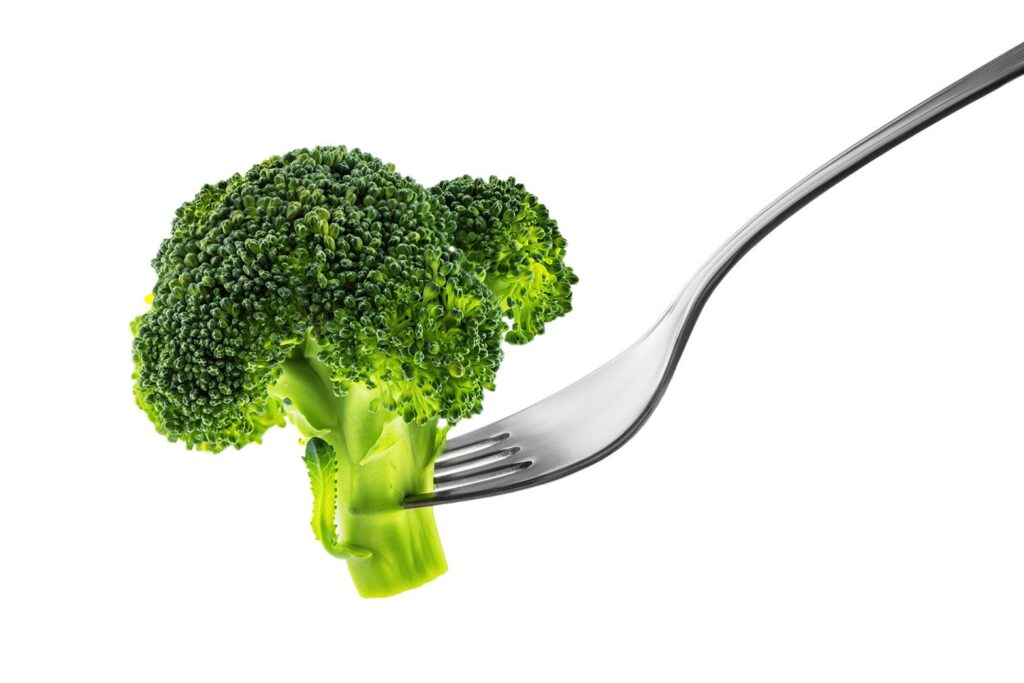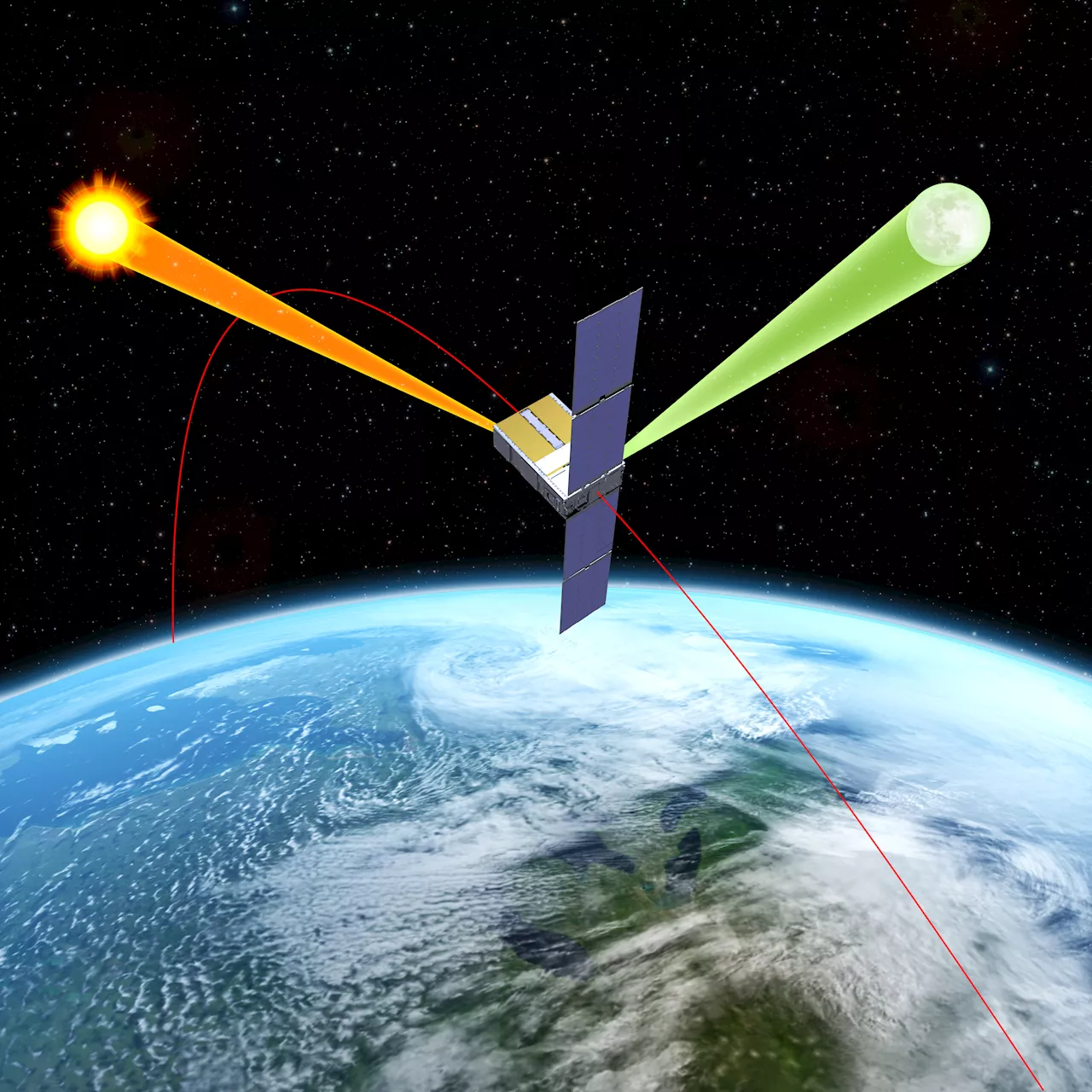
URGENT UPDATE: New research reveals a potential link between consuming cruciferous vegetables, such as broccoli and bok choi, and a 17 percent reduction in the risk of colon cancer. This groundbreaking systematic review of observational studies has sparked intense media coverage, raising questions about the true impact of diet on cancer prevention.
The systematic review aggregates data from 17 studies, indicating that individuals who consume higher amounts of these vegetables may have a lower incidence of colon cancer compared to those who do not. However, experts urge caution, emphasizing that the evidence is not conclusive. “This meta-analysis suggests a potential inverse association between higher CV [cruciferous vegetables] intake and CC [colon cancer] incidence,” the authors state. “However, these findings should be interpreted cautiously due to methodological limitations.”
The critical factor here is the word “association.” It’s essential to recognize that while there appears to be a correlation between higher vegetable intake and reduced cancer risk, this does not definitively prove causation. The limitations of observational research mean that factors such as socio-economic status, access to healthy food, and lifestyle choices could skew results.
Epidemiologist experts point out that dietary surveys often suffer from inaccuracies, as people frequently misreport their food intake. This raises further questions about the reliability of the findings. “People who eat more vegetables may have different health profiles than those who do not,” one expert noted, highlighting that factors like exercise and exposure to carcinogens could play significant roles.
Despite the excitement surrounding this research, experts caution against making drastic dietary changes based solely on these findings. There is no clear evidence to support that eating more broccoli or similar vegetables will definitively prevent colon cancer. Instead, a balanced diet rich in various nutrients is vital for overall health.
As health professionals continue to unravel the complexities of diet and disease prevention, the public is urged to maintain a balanced perspective. While the findings from this systematic review are intriguing, they should not incite panic or lead to unscientific dietary choices.
What happens next? Researchers are calling for more randomized clinical trials to provide clearer answers about the relationship between diet and cancer risk. For now, those who enjoy cruciferous vegetables can continue to include them in their meals, but should not rely on them as a sole method of cancer prevention.
Stay informed as this story develops and more research emerges.





